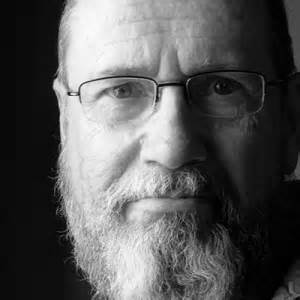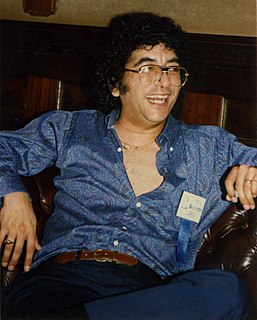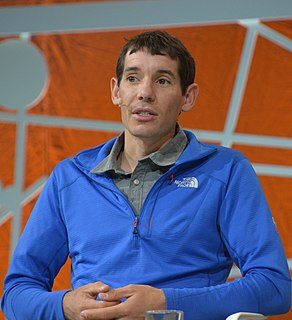A Quote by Franklin P. Adams
Every time we tell anybody to cheer up, things might be worse, we run away for fear we might be asked to specify how.
Related Quotes
Jesus offered a single incentive to follow himto summarize his selling point: 'Follow me, and you might be happy-or you might not. Follow me, and you might be empowered-or you might not. Follow me, and you might have more friends-or you might not. Follow me, and you might have the answers-or you might not. Follow me, and you might be better off-or you might not. If you follow me, you may be worse off in every way you use to measure life. Follow me nevertheless. Because I have an offer that is worth giving up everything you have: you will learn to love well.'
Humor is so culturally based that when I try to tell a joke as me being a white American, if I tell other white Americans, they'll laugh. If I tell an African American, they might not laugh. In fact, they either might not find it funny, or they might find it offensive, and I didn't mean it to be offensive. So these are the sort of little things that build up over time, just like in a marriage. You know, the little things can build up over time.
The first question she was asked was What do you do? as if that were enough to define you. Nobody ever asked you who you really were, because that changed. You might be a judge or a mother or a dreamer. You might be a loner or a visionary or a pessimist. You might be the victim, and you might be the bully. You could be the parent, and also the child. You might wond one day and heal the next.
Mayfield said, "You asked what I was thinking. Well, I will tell you. I was thinking that a man like myself, after suffering such a blow as you men have struck on this day, has two distinct paths he might travel in his life. He might walk out into the world with a wounded heart, intent on sharing his mad hatred with every person he passes; or, he might start out anew with an empty heart, and he should take care to fill it up with only proud things from then on, so as to nourish his desolate mind-set and cultivate something positive or new.
None of us makes it through this life without problems and challenges — and sometimes tragedies and misfortunes. After all, in large part we are here to learn and grow from such events in our lives. We know that there are times when we will suffer, when we will grieve, and when we will be saddened. However, we are told, “Adam fell that men might be; and men are, that they might have joy.” How might we have joy in our lives, despite all that we may face? Again from the scriptures: “Wherefore, be of good cheer, and do not fear, for I the Lord am with you, and will stand by you."
I talked to my mother about it a lot. I asked her what it was like to grow up in New York and Harlem in the 1920s and 1930s, and I asked her about a woman leaving her husband. I asked her about how she would feel about that woman, and my mother grew up in the Church Of God In Christ, and she told me that the woman might be isolated because the other women thought she might go and come after their husbands. That's how they thought then.
There have been times where, let's say on LGBT issues, when we were trying to end Don't Ask, Don't Tell, and I got the Pentagon and Bob Gates, a Republican holdover from the [George W.] Bush administration, to authorize a study of how you might end Don't Ask, Don't Tell, headed up by Jeh Johnson, who at that time was a council to the Justice Department. And it was going to take a year to conduct that study, issue a report, and figure out how it might be implemented, what effect it would have on unit cohesion and military effectiveness.

































